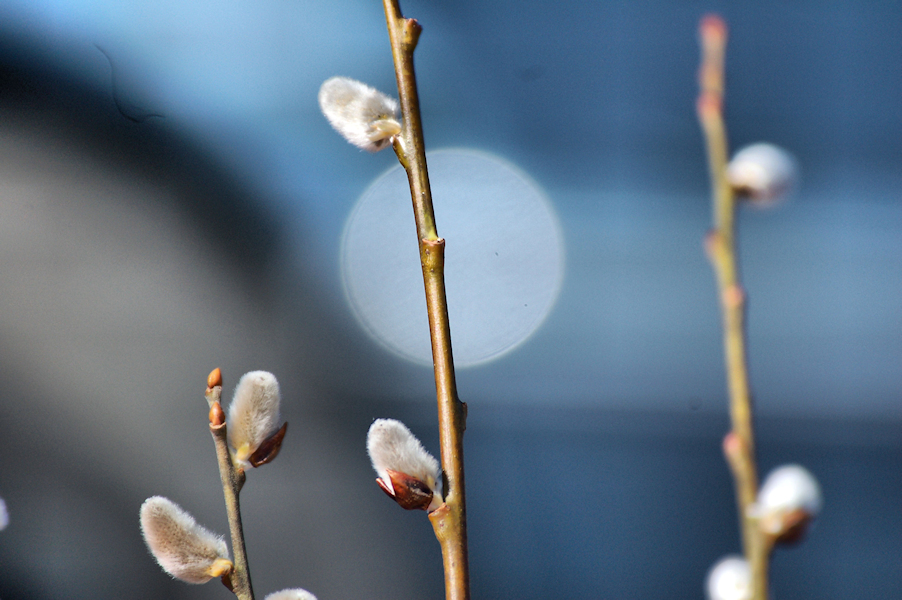
I have been in this place before, in spirit if not in form.
Perhaps I have been beneath white pine towers, the lowest limbs high overhead and an interwoven parquet of needles below. Only prickles of remote sunlight penetrate the branches to the ground and, without underbrush, the forest opens to gray vista and silence. I know enough of forest growth to guess that the trees are ancient, survivors of some loggers’ massacre only by chance, only by the severity of winter, shifts in the profit margin, inadvertence. Somehow the trees remain, closing out even sun and wind from its solitude and silence, leaving the white pine forest to people like me.
Or perhaps the shoreline of a little lake is ringed with birches and cedars, cattails and marsh grasses filling the shallows, the deeps dark open water. Perhaps somewhere I hear the cry of a loon, haunting and mysterious, or the deep tunk of a bullfrog. Looking across the lake, I see waves roiling in the wind, reeds swaying and rustling, the flight of red-winged blackbirds and dragonflies, the promise of a heron in the shallows. Behind me the maples and birches of the forest scrape each other in the breeze and their leaves molder in ageless layers as far as the eye can see. The wind and I are the only ones watching.
Or perhaps the waters of a great broad lake rush rhythmically across the beach, tossing sand and pebbles at my feet, dragging sand and pebbles from the shore until the tide grows shallow and weak. Perhaps the sun makes the sand too hot for my naked feet to bear, the air too heavy for my body to endure without being naked and submerged in the lake. The sound of the sand beneath my feet is like no other sound; the sound of the wind stroking the shoreline is like no other sound; the feel of the lake air against my skin is like no other feeling; the sensation of submergence is both bracing and sensuous. For a moment I want to merge my existence with the sand, become one with the water. For the moment I am the lake, I am the beach.
I have been here before. I have had these feelings, I have moved in these landscapes, I have been lost in my longing to be lost in these places. I have tried to lose myself in the skittish behavior of ground squirrels, or the erratic flight of nuthatches, or the implacability of pines. I have escaped my kind, evaded my obligation, eluded the pursuit of my anxieties.
And in my longing to be lost I have become a grain of sand, a darkness beside distant stars, a dragonfly’s wing, a fleck of foam on the whitecap of a lake, nothing, everything. I have been the fear of wildness and the lust for wildness and the wildness itself. I have lost my identity, submerged it in the lake, scattered it across the forest, disintegrated it into the universe. I have been weightless, timeless, only a molecule, an atom of existence, nothing more.And yet– And yet–
I have felt my atoms reassembling. I have felt my isolation touching the boundaries of other isolations. I have felt my senses sharpen, known the keen alertness to other lives, to life itself. I have been swept up by the wind as a grain of sand and landed as granite; I have been blown away like a curled, crumbling leaf and touched ground as oak. I have shriveled into nothingness and swelled into entity its very self.
I have plunged into wilderness in hopes of solidifying my separateness and evading bonds of community, and yet I have emerged from it more connected, more committed, more aware of my involvement in the cosmos than when I retreated. I have come away knowing better what matters and what doesn’t matter, what will grow and what will decay; I have understood that impermanence and insignificance are the allotment of all creatures, of all life, and have welcomed the understanding. To know at last what I am a part of–that what I am a part of matters–is to know what I am.
I have been here before, in this place where losing myself is the same as finding myself. I return whenever I can, to be in this place and, before I leave, to restore this place within me.
____
Robert Root is co-author of The Fourth Genre: Contemporary Writers of/on Creative Nonfiction and author of E. B. White: The Emergence of an Essayist, Wordsmithery, and Working at Writing: Columnists and Critics Composing. His essays have been published in The North Dakota Quarterly, The Dunes Review, The Rockhurst Review, and elsewhere. He teaches nonfiction, editing, and composition at Central Michigan University.
Photo by Dinty W. Moore
